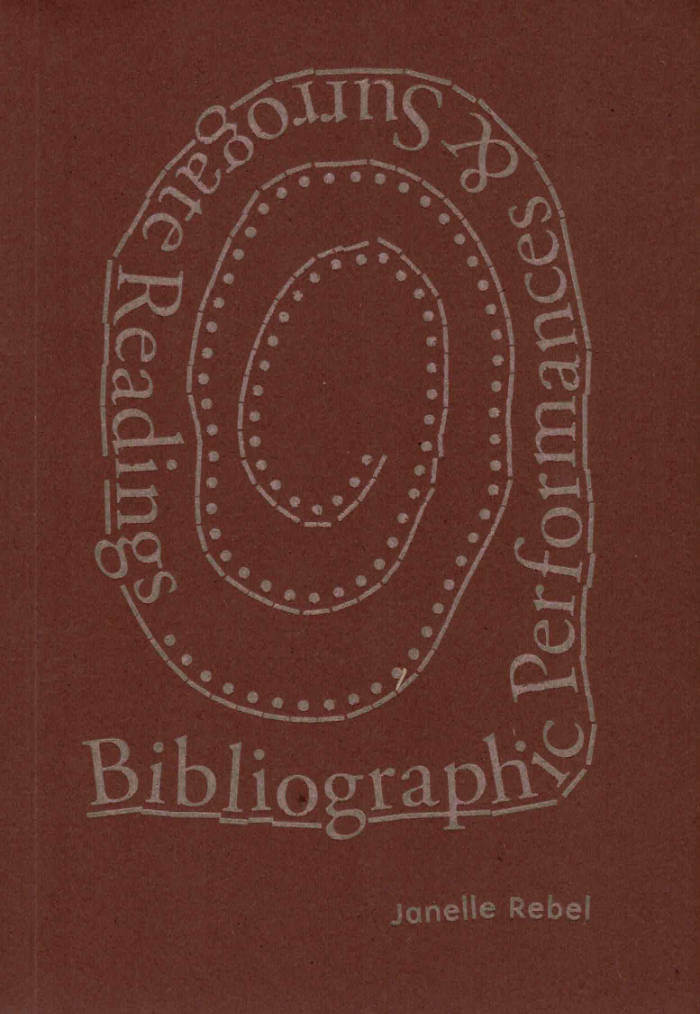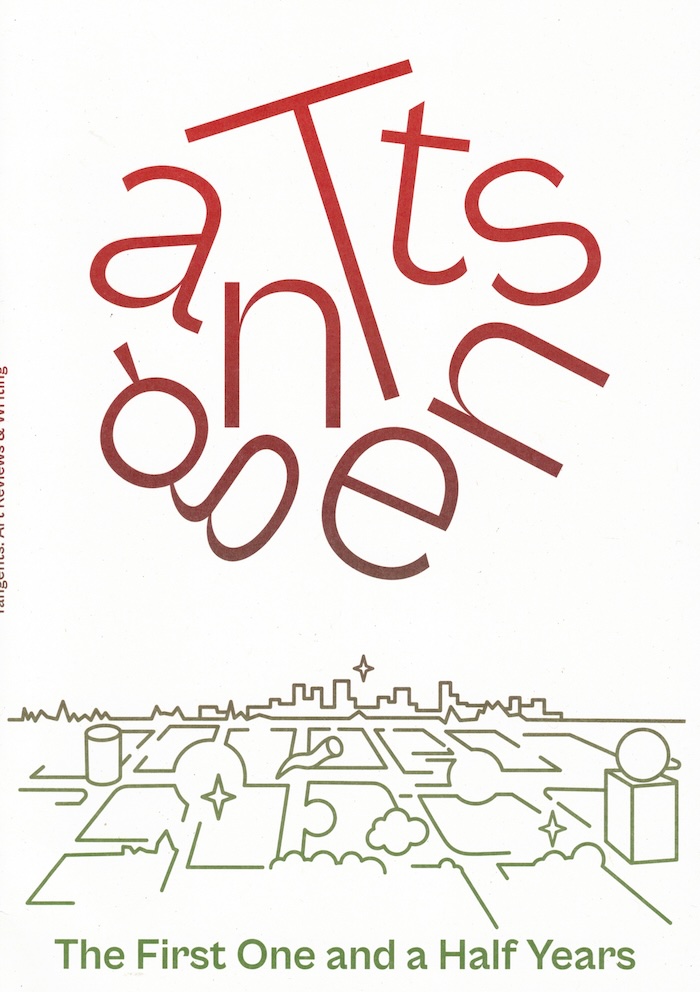ROT is the catalogue for a community of practices.
ROT is a medicine and a ritual. The prescription for a new therapy.
ROT is a manual without instructions. A map. A party.
ROT touches upon sci-fi doomed scenarios.
ROT works within the ruins of the future.
ROT engages in weird beautification processes.
ROT uses mushrooming as a research method.
ROT hosts essays, stories, poetry, interviews, visuals, recipes, horoscopes and more.
ROT is mouldy.
ROT is glossy and asks to be touched.
With contributions by Adrijana Gvozdenović, Agnese Krivade, Alix Eynaudi, Anne Juren, Asli Hatipoglu, Carolina Mendonça, Cécile Tonizzo, Coline Gautier, Daniele Gasparinetti, Deborah Robbiano, Eleanor Ivory Weber, Elke Van Campenhout, Ēriks Ašmanis, Eve Gabriel Chabanon, Gary Farrelly, Goda Palekaitė, Günbike Erdemir, Jaime Llopis, Jennifer Russo, Jeroen Peeters, Jonas Palekas, Kristin Wiking, Lucia Palladino, Luciano Maggiore, Marko Gutić Mižimakov, Michelle Anay Woods, Muna Mussie, Muslin Brothers, Natasha Papadopoulou, Nina Janela, Norberto Llopis, Paloma Bouhana, Peggy Pierrot, Sandra Muteteri Heremans, Santiago Ribelles Zorita, Sara Manente, Sébastien Tripod, Sina Seifee, Sofie Durnez, Wilson Le Personnic
Sara Manente is a multidisciplinary artist and researcher who promotes collaborative situations in heterogeneous formats. Drawing on the imagery and matter of living cultures and mycelium brought into relation with live arts, her recent projects reflect on the possibility of contamination between pedagogy, research, performance and publication.
Published by Varamo Press
First edition, August 2023
136 pages, 22 x 30 cm, perfect binding
ISBN 978-82-693189-2-0
Graphic design by Deborah Robbiano





